
Type
Publisher
Safe Work Australia
Publisher
Safe Work Australia
Version:
2010.
(Current)
Short Description
Focuses on the exposure of Australian workers to vibration and the control measures that are provided in workplaces that eliminate, reduce or control worker exposure to vibration
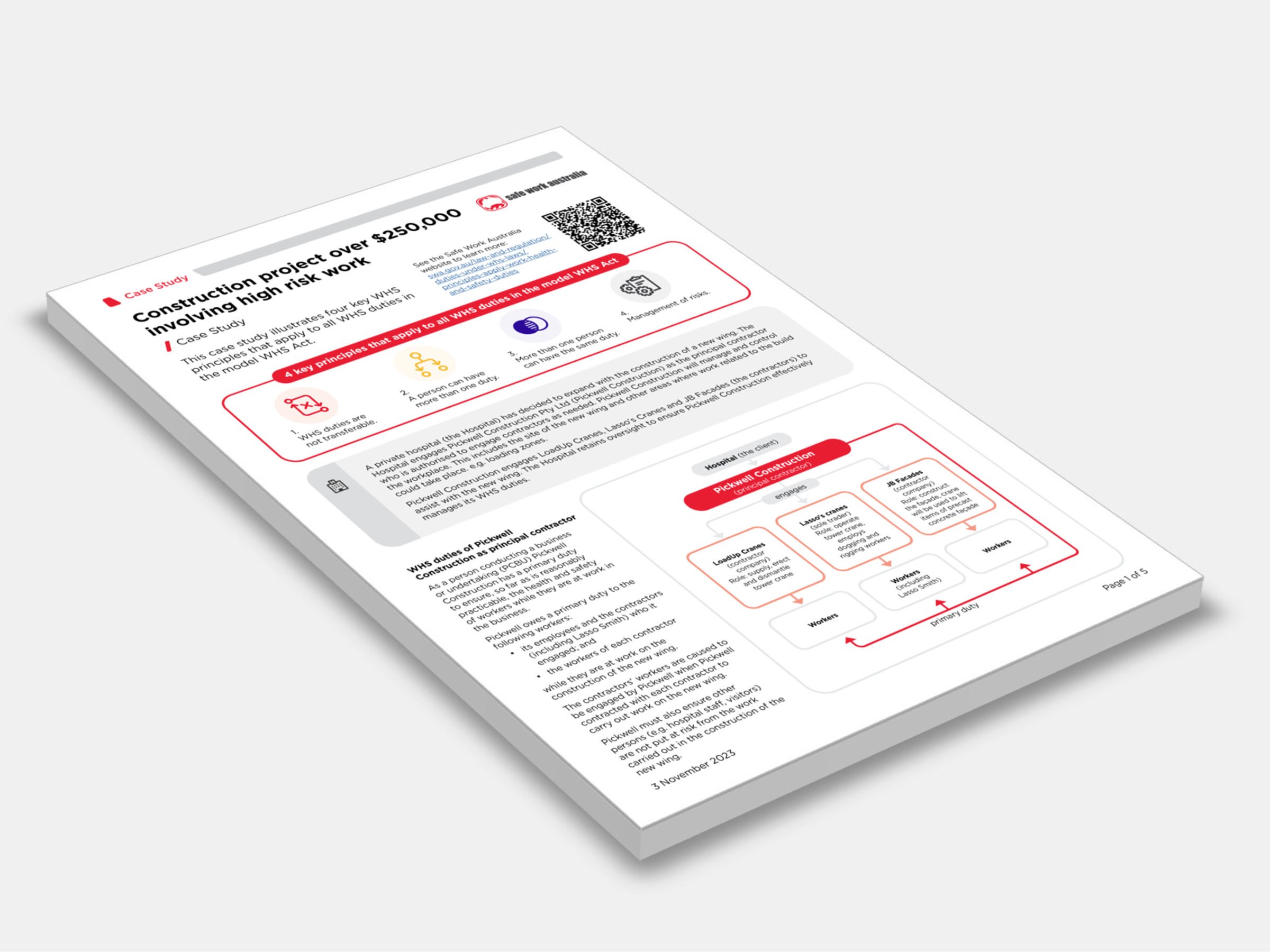
Type
Publisher
Safe Work Australia
Publisher
Safe Work Australia
Version:
2023.
(Current)
Short Description
This case study illustrates four key WHS principles that apply to all WHS duties in the model WHS Act.
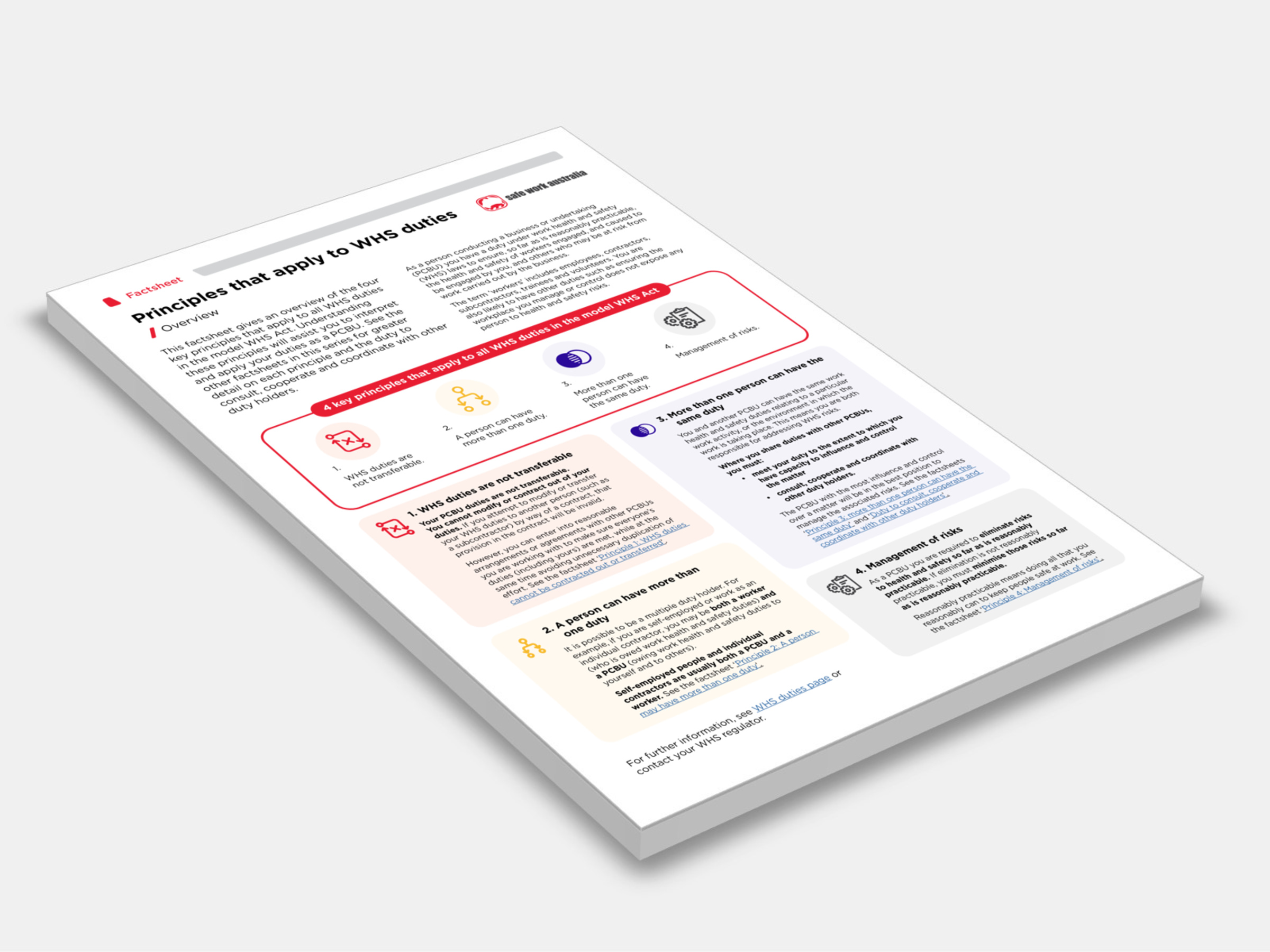
Type
Publisher
Safe Work Australia
Publisher
Safe Work Australia
Version:
2023.
(Current)
Short Description
Overview of the four key principles that apply to all WHS duties in the model WHS Act.
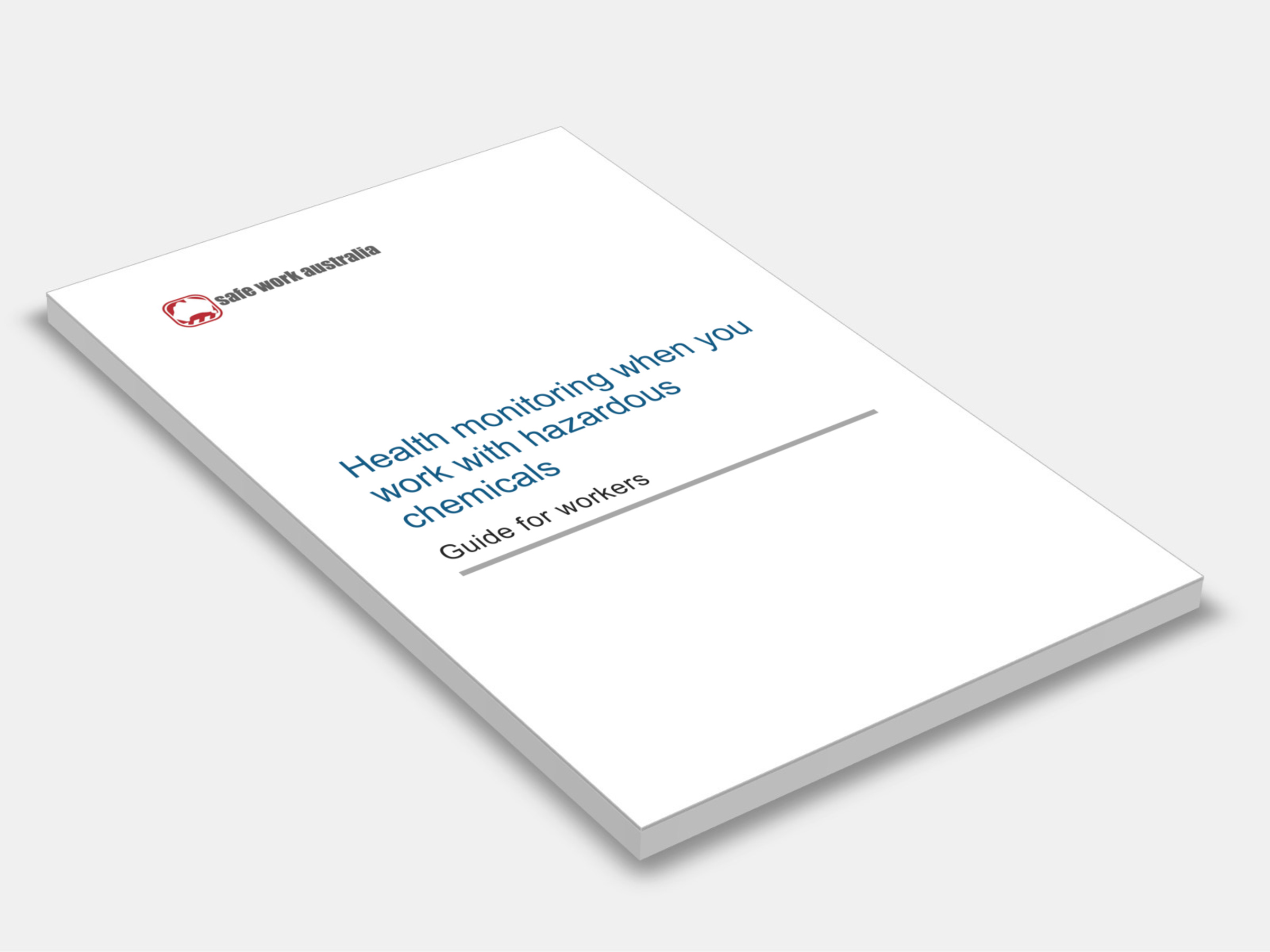
Type
Publisher
Safe Work Australia
Publisher
Safe Work Australia
Version:
2020.
(Current)
Short Description
If you are a worker who works with hazardous chemicals, this guide is for you; it explains what you and your PCBU must do to monitor your health and keep you as safe as possible.
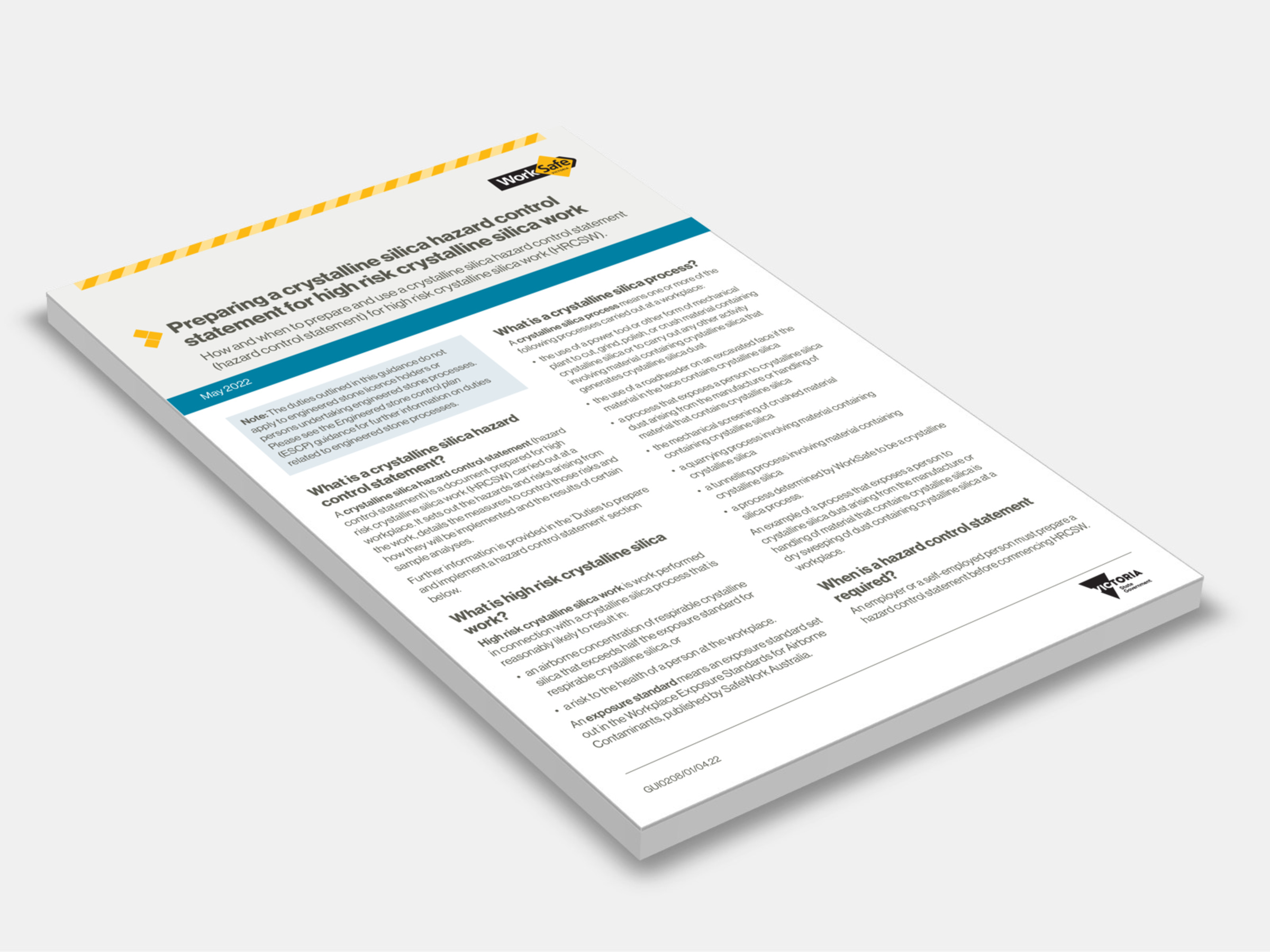
Type
Publisher
WorkSafe Victoria
Publisher
WorkSafe Victoria
Version:
2022.
(Current)
Short Description
How and when to prepare and use a crystalline silica hazard control statement (hazard control statement) for high risk crystalline silica work (HRCSW).
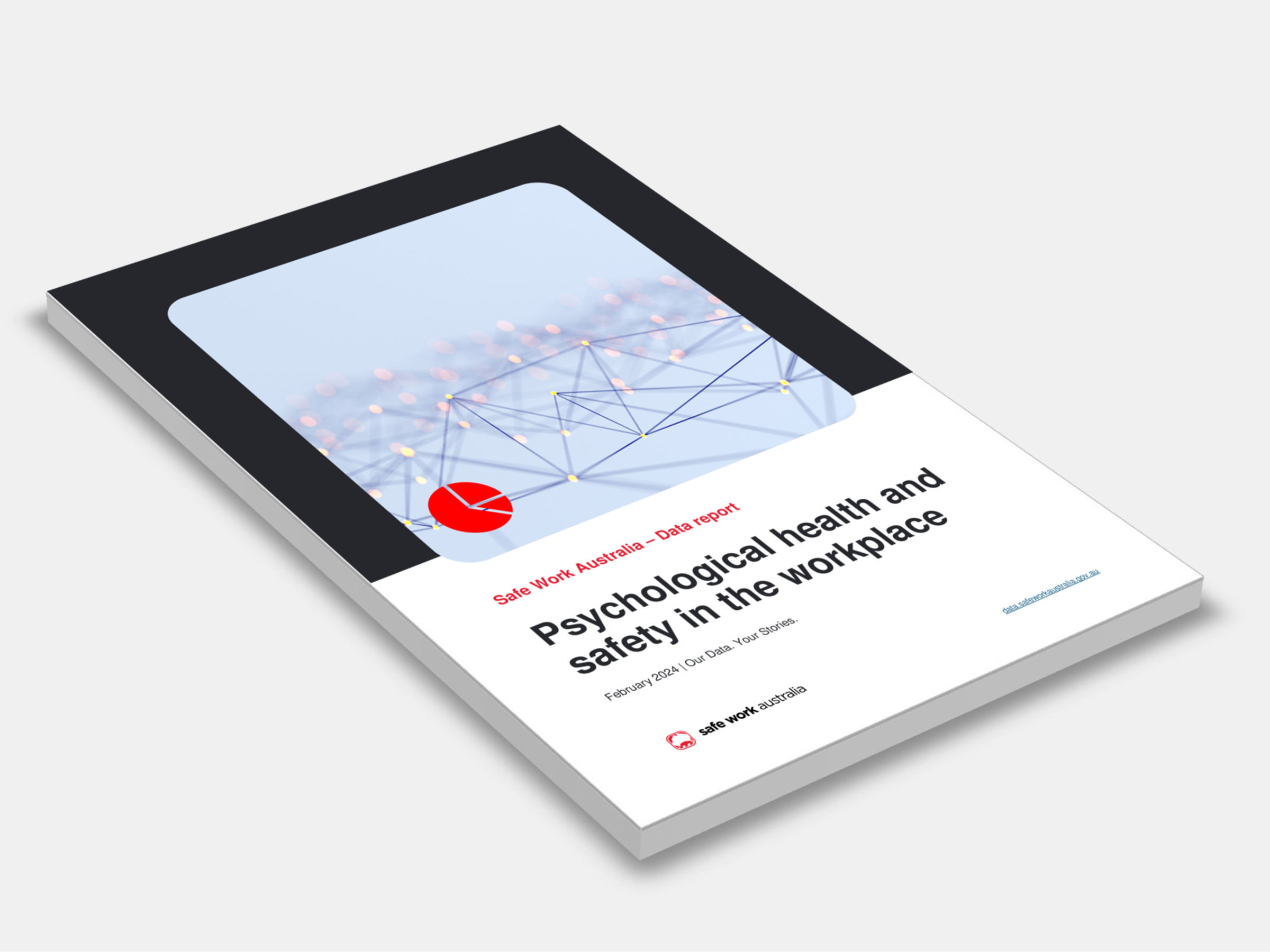
Type
Publisher
Safe Work Australia
Publisher
Safe Work Australia
Version:
2024.
(Current)
Short Description
Mental health conditions account for an increasing proportion of serious workers’ compensation claims, and have garnered significant attention over recent years as awareness of their impact on individuals and workplaces has grown.
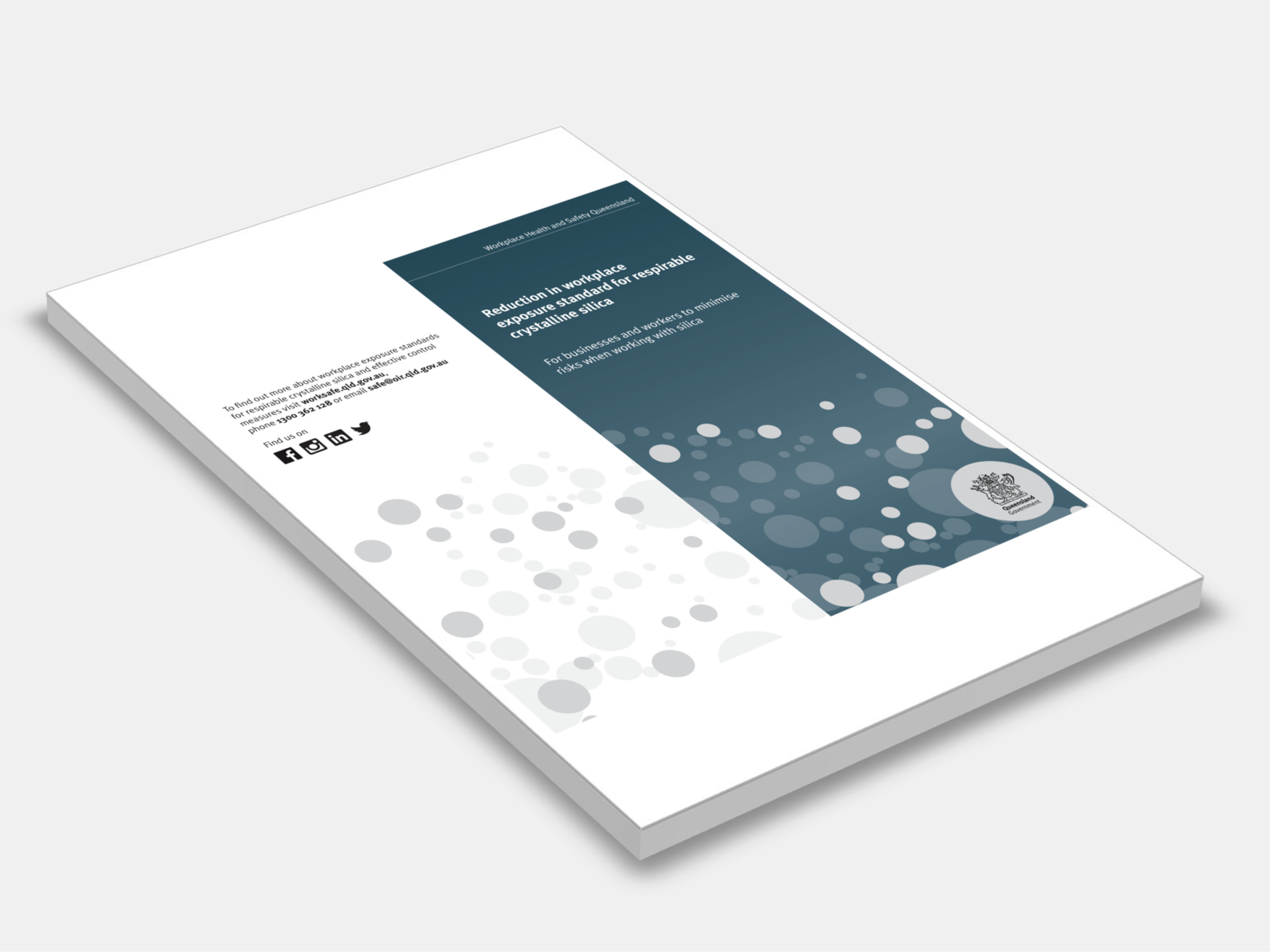
Type
Publisher
Workplace Health and Safety Queensland
Publisher
Workplace Health and Safety Queensland
Version:
2020.
(Current)
Short Description
The national workplace exposure standard for respirable crystalline silica has been halved from an eight hour time-weighted average airborne concentration of 0.1 milligrams per cubic metre (mg/m3) to 0.05 mg/m3; this new workplace exposure standard takes effect in Queensland from 1 July 2020.
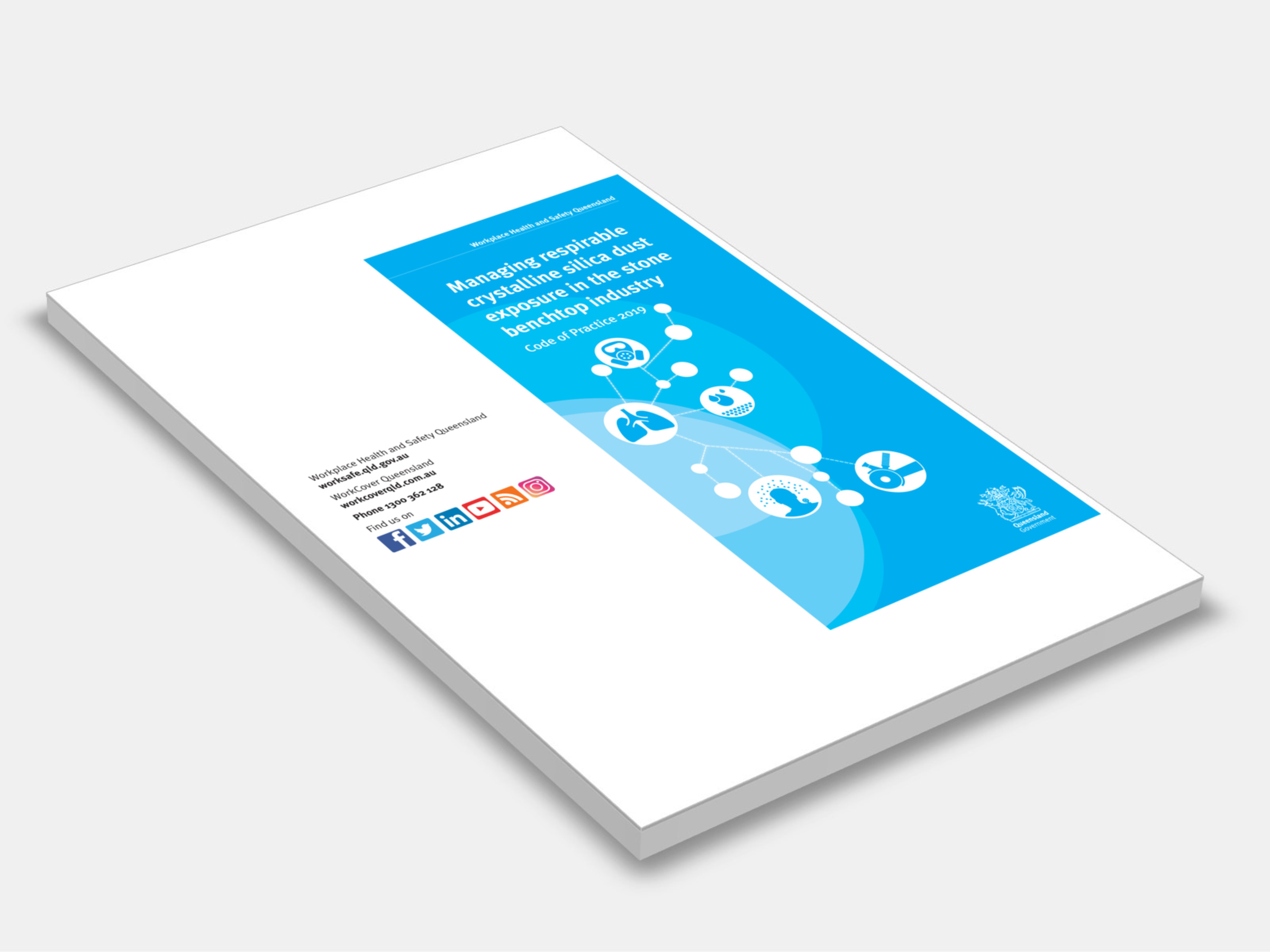
Type
Publisher
Workplace Health and Safety Queensland
Publisher
Workplace Health and Safety Queensland
Version:
2019.
(Current)
Short Description
Silicosis is preventable by using proper controls to eliminate or minimise expo sure to respirable crystalline silica dust in the workplace.
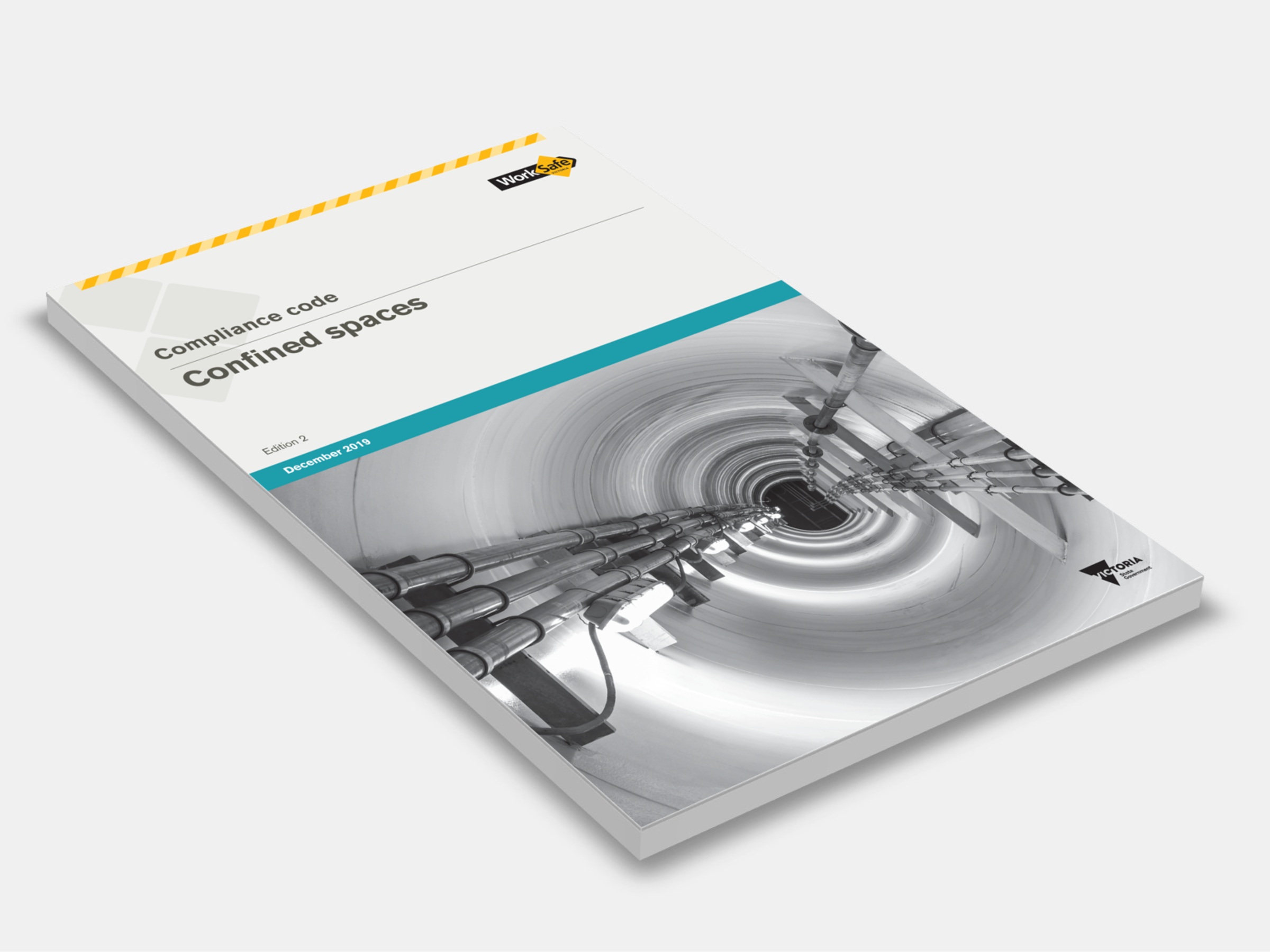
Type
Name
Name
Publisher
WorkSafe Victoria
Publisher
WorkSafe Victoria
Version:
2nd edition, 2019.
(Current)
Short Description
Provides practical guidance for those who have duties or obligations in relation to confined spaces under the Occupational Health and Safety Act 2004 (OHS Act) and Occupational Health and Safety Regulations 2017 (OHS Regulations).
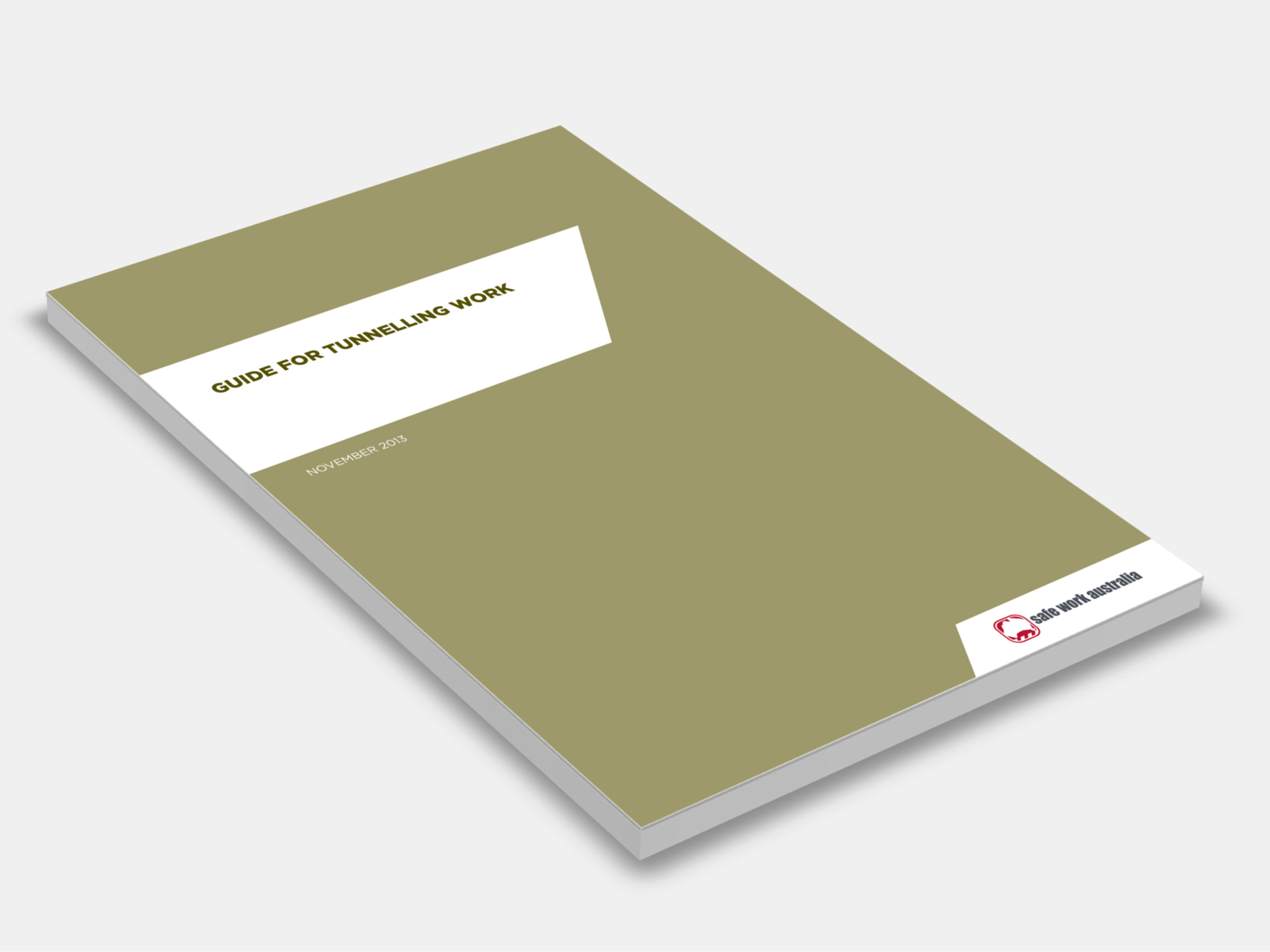
Type
Publisher
Safe Work Australia
Publisher
Safe Work Australia
Version:
2013.
(Current)
Short Description
Provides practical guidance for a person conducting a business or undertaking and workers on managing health and safety risks associated with tunnelling work.